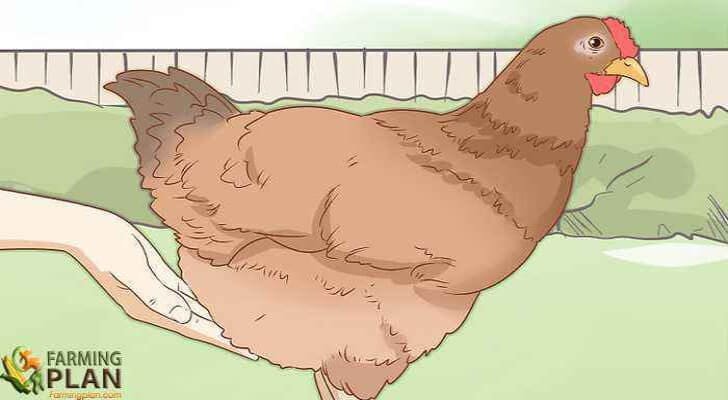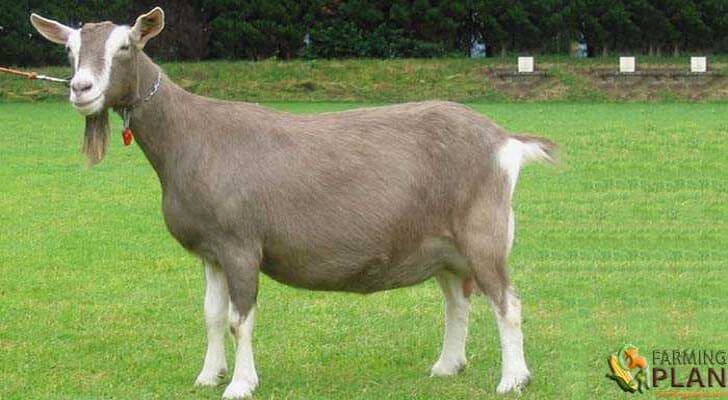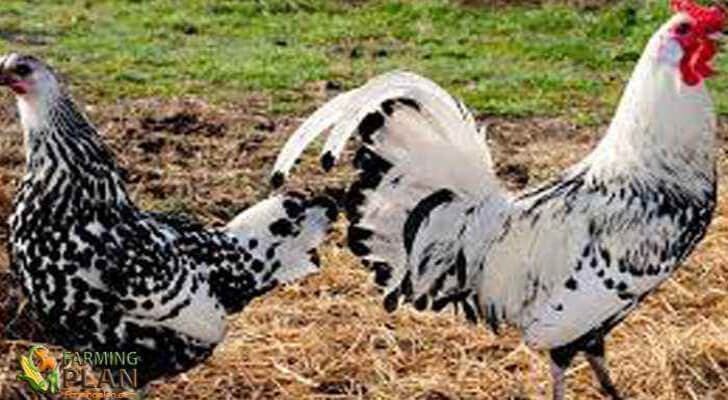An egg-bound chicken cannot pass an egg from its oviduct. Although chickens are relatively easy to raise and have few health problems, occasionally an egg-laying hen will be forced. The term egg-bound chicken means exactly what it looks like: an egg joins inside the chicken and does not come out. The chicken is uncomfortable and stops completely. However, a chicken egg with destiny can be treated and the condition is generally preventable.
Chickens are usually clogged due to a calcium imbalance. This can be dietary or caused by stress at fairs and exhibitions. The bird should be kept warm and a little warm olive oil should be placed in the hole. If the egg is partially out of the hole, but still inside the oviduct, it may be necessary to break the egg. But the trauma caused by the husk can cause future problems to layers. Calcium supplements will only be useful if they are in a soluble and absorbable state.

Binding Egg
Young chickens begin laying eggs between 4 and 9 months of age, depending on breed and environmental conditions. The ovary releases the egg yolk in the oviduct. As it travels through the oviduct, it is cover with a membrane and layers of albumin, the egg white.
Just before the egg, the glands along the oviduct segregate the material that forms the eggshell around the yolk and the egg white. The egg passes through the ventilation grid, like the chicken of the eggs in the nest. In a tied chicken egg, the fully formed egg cannot pass through the vent.
Causes
A variety of different factors cause egg-bound chickens. The chicken may be a genetic predisposition to the union of the egg. The egg can be too big too. Dehydration causes dryness in the oviduct, which can prevent the ovum from passing through the ventilation grid. In addition, muscle contraction and retraction require calcium.
A deficiency of calcium inhibits the ability of muscles to move the egg through the oviduct and can contribute to egg binding. Finally, the hen can be weak from other conditions such as diseases, poor diet or excess weight, some of which could lead to egg binding. You may also like to read Turkey Breeds.
Symptoms
An egg-bound chicken is still trying to pass the egg and is forced to visit the nest several times without laying an egg. The hen waddles like a penguin, standing with its tail feathers stuck to the ground. By pressing against your abdomen, you can feel the hard egg below the surface. He also appears weak and sickly. If the forced ovum is not removed, she could die within 48 hours. You may also like to read Dominique Chicken.
Treatment
A warm bath is often enough to relax the hen and to provide enough moisture to release the obligate ovule. Cover the hen with warm water between 90 and 102 degrees Fahrenheit for about half an hour. Another treatment alternative is to place the hen in a cage with a wire floor and set the cage on a tub of steaming water.
The steam creates a warm and humid environment intended to relax the hen enough to lay the egg. Maintain the temperature of the cage between 90 and 102 degrees Fahrenheit. If the steam bath or treatment does not alleviate the problem, take the hen to a veterinarian. Handle a chicken egg linked with care, protection against breaking the bound egg. Do not try to break the egg. Small fragments of shell cause serious infections. You may also like to read Phoenix Chicken.
Prevention
Things such as sunflower oil to the diet will help or fish oil. It is also important that they have available calcium, so eggs with a softshell are not present. It has been shown that sunlight is involved in the metabolism of vitamin D3. And this in turn in the calcium, is also related to phosphorus (cuttlefish bone contains both mineral salts and still others).
On the other hand, provide the birds with accommodation of sufficient dimensions to encourage the development of physical exercise and, as far as possible, flight. The flight is a physiological need, which keeps your musculature duly toned. Finally, ensure a balanced diet adapted to each biological cycle. And so avoid any type of lack or that the sample has low reserves of a nutrient. That is why it is necessary to always give them a rich and varied diet.
FAQ
How do you treat an egg bound chicken?
Egg binding is a common problem in domestic chickens and can have serious health implications if left untreated. It occurs when an egg becomes stuck inside the hen’s body, either due to malpositioning, lack of calcium during egg formation, or excessive shell calcification.
Can you remove an egg from an egg bound chicken?
Yes, you can remove an egg from an egg bound chicken. Egg binding – or dystocia – is one of the most common complications seen in backyard chickens and can have serious consequences if left untreated. Fortunately, with a little bit of knowledge and care it’s possible to safely remove a stuck egg from your chicken.
Can Eggbound chickens poop?
Yes, eggbound chickens can poop. In fact, it’s very common for an egg-bound chicken to have some type of bowel movement. The reason this happens is because when hens lay eggs, their body takes the necessary nutrients from other areas in order to create the eggshell and yolk. This decreases their ability to control their muscles which results in them pooping during or shortly after laying.
Conclusion
Egg binding is not a common occurrence, but it can turn into an emergency if left untreated. If you notice your hen has stopped laying eggs or the egg production slows down significantly, take her to a veterinarian immediately! While this article may have given you some new information on how and why hens lay eggs, we hope that you also learned about the importance of getting help for these types of situations quickly. Don’t hesitate to contact us today if there’s anything else we could do to make sure your chicken stays healthy and happy!
As a reference: Wikihow


